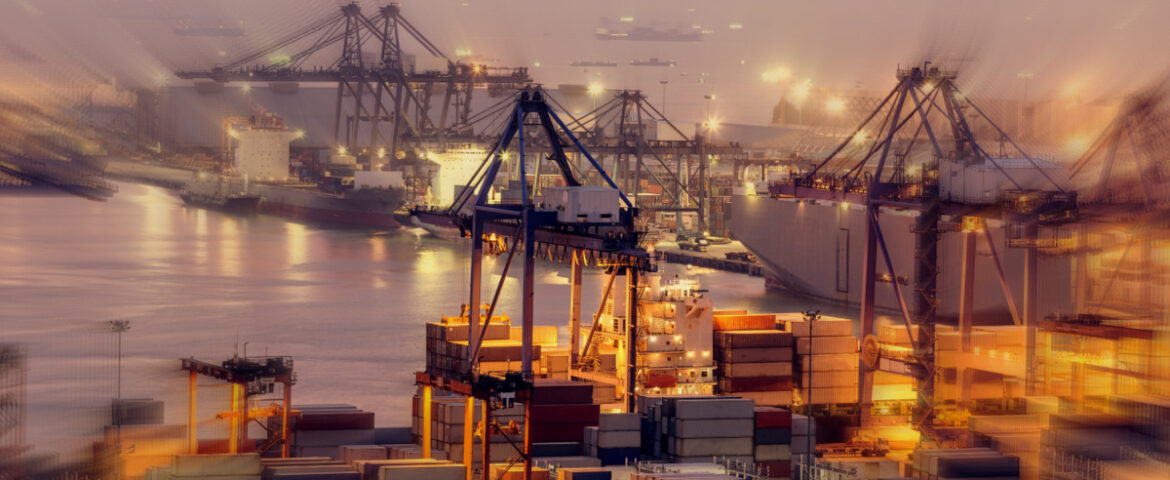Quite a few scholars have published a lot but remain unknown to the industry or policy makers, as they have never contributed to solving a real problem. Others are (obliged to be) involved in the hectic publication game and the safety of an academic environment where only numbers of citations and publications matter. They often make bad reviewers of novel research as they are too preoccupied with methodology and cannot assess the true (practical) value of new ideas in submitted papers.
The conclusion is that research corresponds to conference deadlines or matches promotion-assessment schedules. Calls for contributions in special issues on port related themes ask for ‘conceptual’ and analytical studies, yet the “h-factor’ model of academic productivity leads scholars devoting time to submit professionally conducted case-studies with neither theoretical nor methodological advancements, rather than not corresponding to the call. While in depth case studies as a methodology should not be a priori underestimated, the presence of too many papers implementing the same methodology to a different country without justification is not warranted.
5.
For all these reasons, today, appreciating the conditions that have dominated the scholarly world, it is worth to Slow Port Studies and scholars studying ports and the maritime world working towards this direction as regards existing port research and the development of future one.
6.
‘Slow Port Studies’ is a concept having implications for the themes of research: while not abandoning the development of studies of “practical” value that are promising today, it is worth investing in studies that might take longer to conclude, and will not be submitted for publication in three on four months since their inception, but will re-conceptualise the way we understand the industry.
‘Slow Port Studies’ is a call for revisiting what is read and how it is studied. While not stopping the reading of the latest published research, it is worth reading and using what meaningful was published more than a decade ago; PortEconomics will respond to the call, making again available the key studies that the members of the initiative published in the past, or works by other researchers who will express the interest in such slow port studies dissemination via our initiative.
‘Slow Port Studies’ is a concept for increasing the quality of port studies that demands the reflection of the research community on which elements improvement is found needed, and thus worthy. It is essential to conclude, for example, whether more rigor or more relevant port research is found wanted.
The International Association of Maritime Economists (IAME), or other relevant platforms (i.e. the Port Performance Research Network (PPRN) and PortEconomics) are worth to be used in order to engage scholars who developed port research in recent years in an essential discussion, and gain from the experience on the trades-off between quality of research and quantity of research; the burdens to more high quality research; the essential steps that would have a positive impact on the quality of our research (i.e. more intensified interaction with the port industry, use of advanced formal theoretical models or empirical methods, use of global databases, cooperation with theoretical subject experts etc); and, not least, the questions worthy to be asked before starting a paper/research project (i.e. have research spent enough time brainstorming to come up with the most interesting research ideas? does the research address an important research gap? does the research design build upon the relevant previous research? have we invited sufficient feedback on the research design, analysis and results? etc.).
‘Slow Port Studies’ is also a call for stimulating in-depth doctoral research; supervisors, and the port studies community should motivate doctoral researchers to spend time to dive deep, to go back to read and study the original works, rather than advancing doctoral theses that are simple collections of (published) papers.
‘Slow Port Studies’ is a concept having implications for universities; scholars need enough time to develop quality research, and even allowed to have failed research, Besides there are always lessons from failure, and editors should be willing to publish thoughtful research papers on failures where the lessons and next steps are laid out in terms of scholarly contribution.












